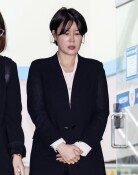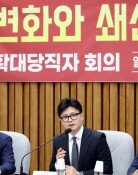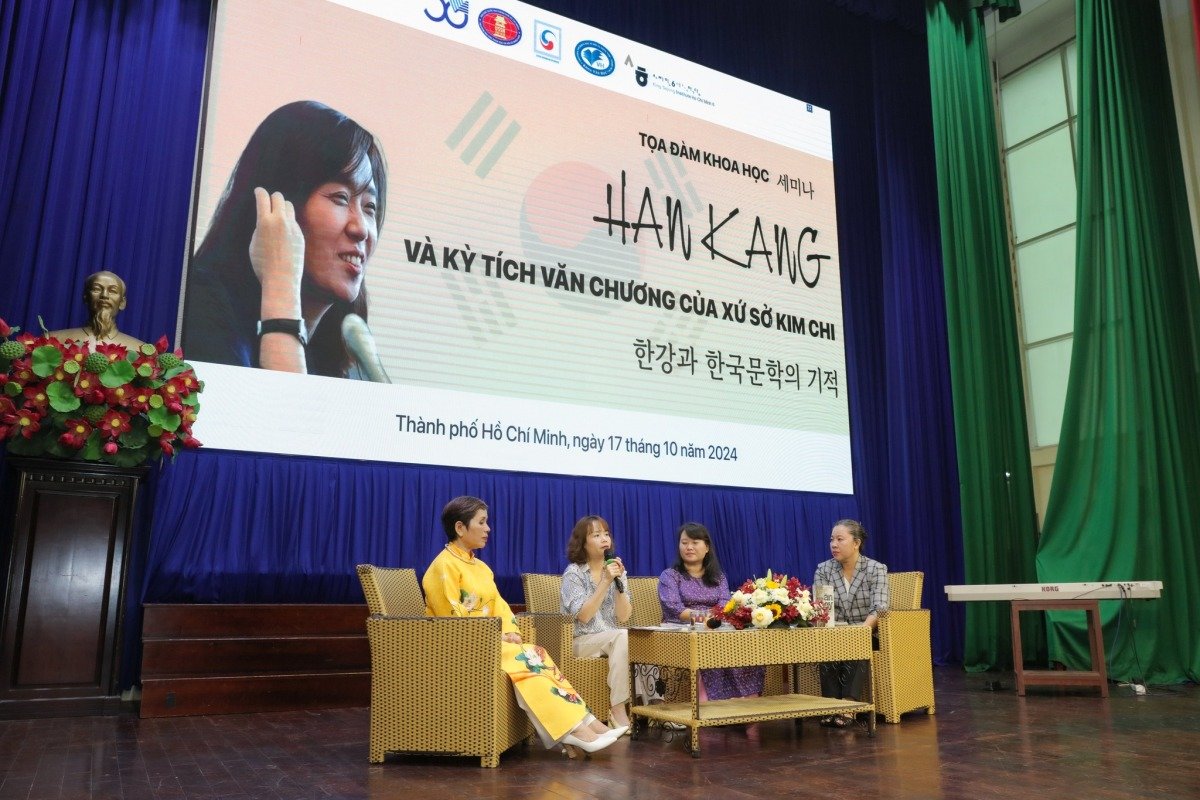[Reporter`s View] Armitage`s remarks as civilian?
[Reporter`s View] Armitage`s remarks as civilian?
Posted February. 01, 2001 11:51,

With regard to the reported remarks made by Deputy U.S. Secretary of State-designate Richard Armitage, expressing hope that the Korean government would not use the phrase "sunshine policy," divergent responses have been registered. Some people commented that his statement is apprehensive, wholesome others that his remarks must have been exaggerated.
Raising our attention is the reaction from the Foreign Affairs-Trade Ministry. The ministry officials dismissed the Armitage statement as his personal opinion prior to his formal appointment to the state post, adding that the terminology of sunshine policy has not been used for a long time at any official functions. They also stressed that instead of the sunshine policy, the government is using an engagement policy or inter-Korean reconciliation and cooperation.
In a sense, the ministry statement is right because the George W. Bush administration will not be opposed to the policy for inter-Korean reconciliation and cooperation, so long as the new U.S. government does not want to see the breakout of another war on the Korean peninsula.
However, the foreign ministry is evading the point of the question or deliberately trying to shun the problem. Important is not the terminology. The question at point is the implications or symbolic meaning behind his statement expressing his desire for the Seoul government to abandon the word of sunshine policy.
What is the sunshine policy? It is no more than a synonym of inter-Korean policy for reconciliation and cooperation. The Kim Dae-Jung government`s political vision is connoted in this wording. President Kim himself won the Nobel Peace Prize owing to this sunshine policy. And all the Korean people so believe. There is no use of arguing over the terminologies, sunshine policy or engagement policy. The question boils down to the universal national sentiment.
In this regard, Armitage, who will lead the Bush administration`s Korean policy, expressed hope that Seoul would not use the phrase sunshine policy and that such his intent be delivered to President Kim. Nevertheless, the foreign ministry dismissed his remarks merely as a private view, stated even before his taking office.
During the course of power transition in the United States, Washington`s political uncertainty will linger for more than six months. Amid this foggy political climate, the world nations are groping for a way for rapprochement with the new administration. This statement came in a comment made by former Korean ambassador to the U. S. Hyun Hong-Choo.
The foreign ministry officials at least should be modest enough to invite the lawmakers who met with Armitage, and hear about the content of their conversations with him during their visit to Washington.
Boo Hyung-Kwon bookum90@donga.com
Headline News
- Presidential Office signals possible offensive weapons aid to Ukraine
- N. Korea reportedly prepares military balloon attack with Russia
- Medical associations join bipartisan talks on expanding medical school quotas
- Former world No. 1 Ko Jin-young returns to LPGA
- Kakao unveils AI service ‘Kanana’ at 'if Kakao AI 2024'







